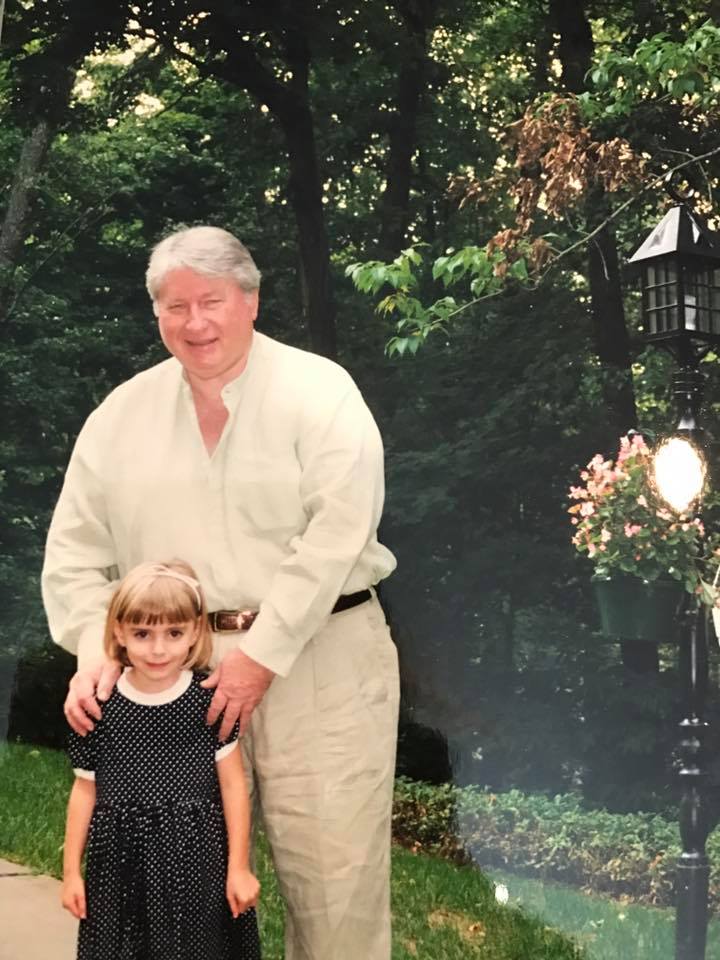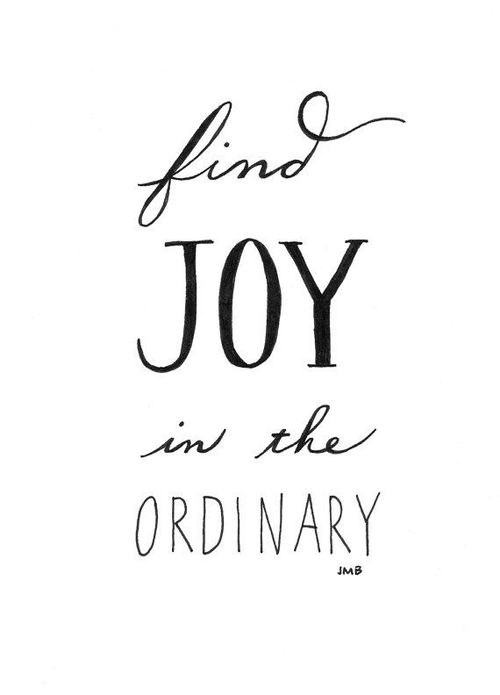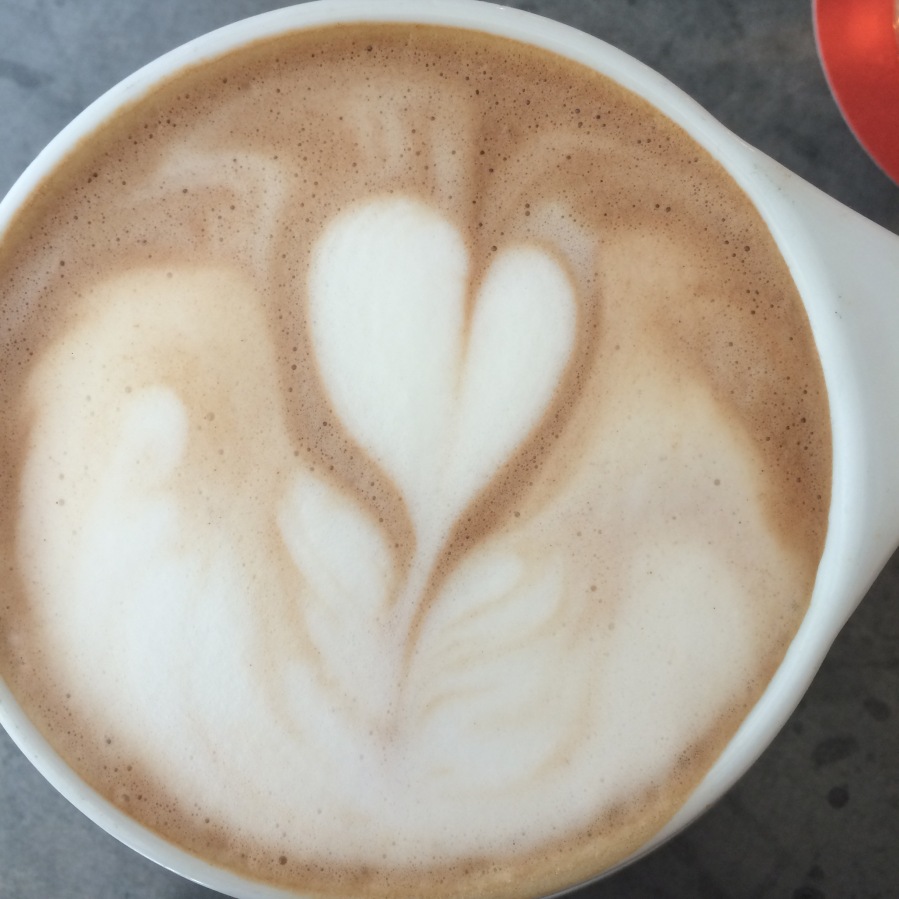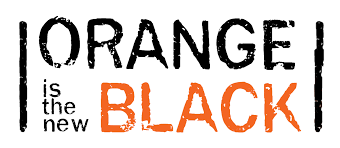Do you know those events that reaffirm your hope and trust in people? Those times where you think you should give up and move on, but something or someone inspires you to keep going? Those people who shake up your perspective and urge you to move forward?
I had the privilege to witness and be a part of one of those moments. I had the joy of attending the Women’s March in New York.
I have to admit, prior to going, a tiny voice in the back of my head shouted “what if it’s not as good as you think it’ll be? What if no one really shows up?”
To that tiny voice in the back of my head: how wrong you were.
Trains both to and from New York were packed with pink hats and signs. There was cheering on my train when we arrived at Grand Central. Walking into that main room was one of the greatest sights I have ever witnessed. The building was overflowing with marchers, some carrying signs, others passing out banners and buttons. Friends, family, and strangers embraced one another with smiles and open arms.
As we began to walk to the match, it dawned on me that this way really happening. All of these people came together to unite for a common cause. And it wasn’t just New York, social media accounts showed marches across the country and all around the world. I was overtaken by the sheer awe and amazement that I was going to be a part of history, that it was something I will be proud of for the rest of my life.
After it was over, I had a few people ask me, “what was your favorite part?”
I could’ve said the marching bands and jazz bands that played alongside us. I could’ve said all of the people and their signs. The chanting and singing and dancing. I could’ve said the knowledge that thousands of people were right behind me, and there were thousands more in front.I could’ve said that I got to be a part of the narrative, a part of a historic event.
But my favorite part happened right before we began to march. A little girl was with her family, and she was upset because she was tired and wanted to march. So to make her feel better, two marchers sat down on the ground with her and began to talk to her to try to cheer her up. And even though they were surrounded by people and chaos, it was if there was no one else in the world but them. They all talked and laughed, and it was in that moment that hope was restored for me.
But make no mistake, there’s more work to be done, especially by white women. We were the demographic who voted for Trump and people like him. We were some of the ones that created this problem, and alongside others, it is up to us to repair the damage. We caused part of the problem, now it’s up to us to try to fix it before it’s too late. Please help and fight for others who do not have a voice or a platform before ours is gone too.





